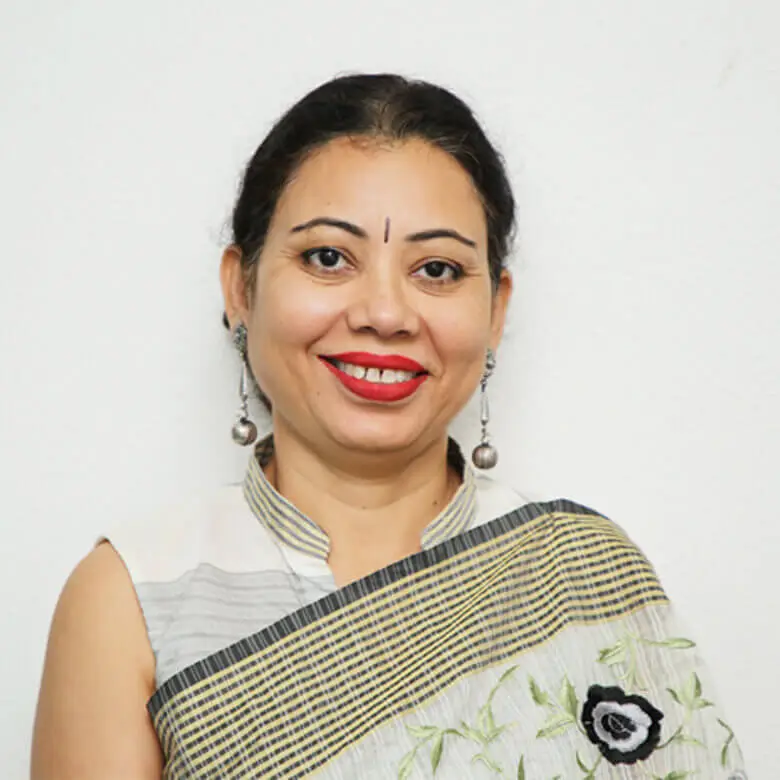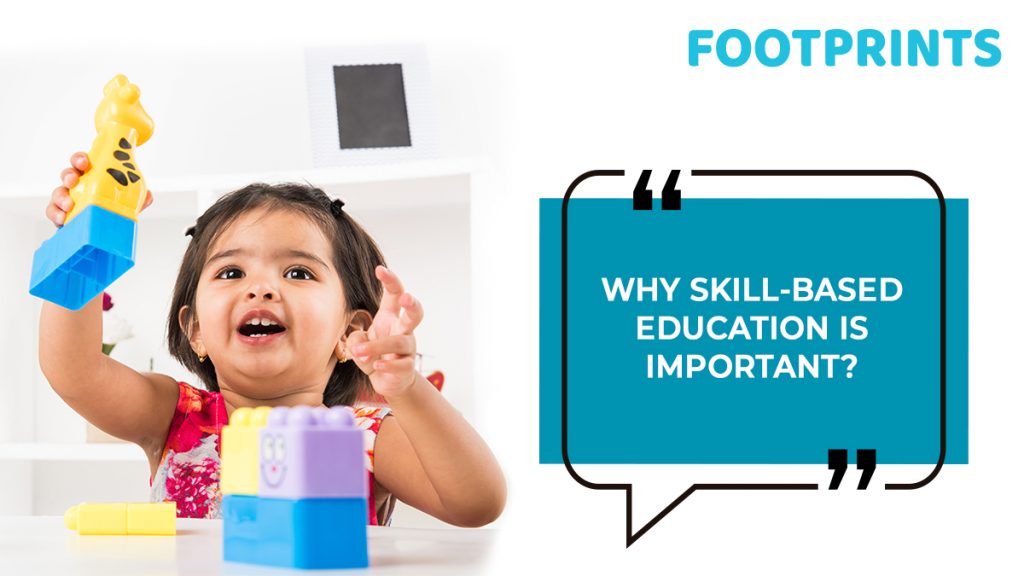
Pick up any industry report & one of the terms that are sure to stand out includes “employability gap”. Simply put, this gap refers to the skills graduates have and the skills that are actually required by employers. In short, there is a widening chasm between strong foundational and professional skills required by students and what they possess. With the Fourth Industrial Revolution and rapid advances in AI, cognitive computing, and more jobs, in any case, are facing potential automation, and workforce models are being reimagined. In such a scenario the importance of skill-based education and learning cannot be overemphasized.
The primary difference between skill-based learning & traditional knowledge-based learning or academic skills lies in the fact that while the latter involves an understanding of theoretical concepts alone, the former gives it a practical shape. Both, therefore, need to find relevant space in education for the student to have a holistic view. In the absence of skill-based education, what thrives is rote learning and a mindless race for securing marks alone.
Importance of Skill Based Learning
There are no two thoughts that skill building needs to begin not just at the organizational level but much before. Some of the advantages of skill based learning for students include:
✔ Skill based learning helps students tap into their capabilities and prepares them for the future. Importantly, It allows students to think outside the box and promotes a higher level of problem-solving.
✔ It is purpose-driven as the student works with a clear objective in mind. It also gives the students the opportunity to explore different facets of life and to identify their true passion and talents.
✔ With knowledge & skill based learning coming together, students grow up to be far more self-assured & confident.
✔ With life skills such as problem solving, effective communication, presentation skills, leadership skills & more, students are that much more prepared to solve real-life issues.
✔ Many skill-based learning activities are conducted in groups. This builds communication, coordination, and team spirit.
✔ It goes without saying that it improves employability. In fact, starting skill development in schools at an early age can have a positive impact on the general fabric of the country’s workforce in the long run.
✔ Overall, skill-based learning not just helps students grow up to their full potential, but it also contributes to the growth of the workforce, society & the nation at large.
The need of the hour, therefore, is to combine skill based education with a standard academic curriculum. The National Education Policy (NEP) will play a vital role in developing technology as well as soft skills among students. The proposal to introduce vocational education from sixth grade onwards and create a National Committee for the Integration of vocational education (NCIVE) are some efforts in this direction. The government aims to fulfill the 2030 Agenda for Sustainable Development through this initiative. The objective is to achieve inclusive and fair education while also encouraging lifelong learning opportunities for everyone.

Going forward what will also benefit the cause of skill development is:
Industry-Academia partnership:
If there is a strong collaboration between the industry & higher education institutes, it will ensure that students are kept updated on on-ground developments and are aware of the industry’s inner workings.
Government-academia partnership:
The government can also partner with educational institutes and ensure that they offer the right infrastructure for students to get hands-on learning.
The National Education Policy 2020 also acknowledges the significance of essential life skills, such as communication, teamwork, problem-solving, decision-making, analytical thinking, resilience, and more, in addition to their recognition as soft skills.
Forward-looking preschools have already been implementing life-skill-based education that not only allows students to excel academically but also to succeed in the 21st century. Important life skills identified by WHO & taught at the school level include:
- Self-awareness
- Empathy
- Critical thinking
- Creative thinking
- Decision making
- Problem-Solving
- Effective communication
- Interpersonal relationship
- Coping with stress
- Coping with emotions
Needless to say that these skills for life go a long way in ensuring that as they transition into adulthood, they live fulfilled lives and realize their full potential.

To Sum Up
Skill-based education is extremely important for the holistic development of students. Not only does it help them overcome the challenges of the 21st century, but it will also help them in the workforce especially as the future of work is changing at an exponential rate. Some of the invaluable skills that students will benefit from include:
Adaptability Skills
These skills are at a premium especially since we live in an increasingly VUCA world. Students & future employees need to continuously adapt to changing technology as also as trends. The importance of being flexible and agile in such times cannot be overemphasized.
Problem-Solving Skills
This is perhaps one of the most important life skills as it makes sure that the student is able to analyze problems that present themselves and find appropriate solutions. Given the fact that children of today will be solving many issues that are hard to even imagine at this stage, this is a critical life skill.
Collaboration Skills
Working in teams and collaborating with others, often by way of technological tools is going to be a key characteristic of future employees. It is imperative therefore that students learn these lessons early.
Curiosity and Inquiry Skills
What is important is for students to develop a love for learning so as to become learners for life. A spirit of curiosity and inquiry is therefore essential as it is important in times that require continuous innovation.
Technology Skills
Needless to say that in the digital age technological skills are extremely important. With the rate of technological obsolescence being high, what is important is to keep reskilling & upskilling oneself.
While these are only some of the skills students need to be equipped with, overall with a skill-based approach to education, students will be far more prepared to tackle the road ahead and importantly to lead meaningful and fulfilling lives. That they will be able to contribute meaningfully to the workforce & derive work satisfaction while contributing to the economy, is a big plus.

Amita is an experienced educator with over 30 years of experience. She has an outstanding understanding of child development, having worked with various age groups for prestigious businesses. She has been dedicated to handling Footprints’s Curriculum and Delivery department for the past decade. Amita’s credentials include being one of India’s few HighScope Curriculum certified trainers and volunteering as a course leader for Landmark Education, the world’s largest training firm.


